As China strives for dynamic environmental goals in its plan to cut greenhouse gas emissions, experts and businesspeople in Canada believe there is a major opportunity for the two countries to collaborate on climate change.
"There has been historic and win-win cooperation between Canada and China in the area of climate plans," said Mark Carney, vice-chair of Brookfield Asset Management, who had a "fireside chat" recently with Canadian Ambassador to China Dominic Barton, a former global managing partner at McKinsey &Co.
The two men explored opportunities in areas such as green energy, agri-food and more while facing the challenges around climate change.
Carney, an economist and banker, said his company has a relationship with China on wind and solar, and Chinese expertise and products are part of that.
"Meanwhile, the evolution of the Canadian energy complex and its ability to provide technologies including new fuels, green hydrogen and others can bring economic shift in the near future; all of these are huge opportunities for us and our Chinese partners," Carney said.
Carney said there's a huge element of climate related to efficient agriculture and nature-based solutions, and Canadian and Chinese expertise can build on that.
"There're just a host of opportunities of renewable build or the low-carbon build in China. The energy infrastructure alone has $2 trillion a year ramps up to that. It's an enormous number (that) takes capital and expertise in China. That is a big opportunity for Canadians as a whole," said Carney.
China is headed toward generating more solar power than any country. China's wind power installations were more than triple those of any other country in 2020.
China said the proportion of its energy generated from non-fossil fuel sources should be 25 percent by 2030, and it is expected by many observers to hit the target early.
Talking about the opportunity for Canada to tap into China's energy transition, Carney said he sees an important role for natural gas, particularly the initial transition from coal to gas, and Canada can play a broader role.
"Canada is an energy superpower for a low-carbon age. It's not just rich gas resources from Canada, but also a solution for a true climate transition. The more successful we are there (in China), the more we can help China with energy transition across a range of industries," Carney said.
Because a reduced carbon footprint can be pursued in almost every sector of China's 14th Five-Year Plan and beyond, the opportunities exist along a continuum in sustainably mined minerals, electric vehicles (EV) or lower carbon-footprint energy.
Canadian companies that can contribute to China's environmental goals will reap the economic benefits, according to experts at a business forum hosted by Canada China Business Council recently.
Linda Hasenfratz, CEO of Linamar Corp, whose company has been active in China for about 15 years with about 1,500 employees there, said that engaging China is a key part of her company's global growth strategy.
"China is by far the largest automotive market in the world. It's become an exciting market in terms of the evolution of EV. So, definitely it was a great position for us to locate there. And we see a lot of growth potential, not just in automotive, but also in other markets," Hasenfratz told the forum.
Don Kayne, president and CEO of Canfor, a natural resources solutions provider based in Vancouver, also affirmed that China has been a critically important market for the company, as China was one of the early adopters of recognizing the benefits of forest products.
"It looks pretty positive China's new 14 Five-Year Plan and the theme around reducing energy consumption and decarbonization," said Kayne, whose company has been engaged with China for more than 20 years, and 20-25 percent of his business in China.
"Being such a major uranium producer that we are, there're long-term opportunities in China as we look to China to fulfill its nuclear energy requirements around the utilities going forward," said Kayne.
Although China's emissions per person are about half those of the US', its 1.4 billion population and explosive economic growth have led it to face the challenge of reducing its emissions.
Vivi Hou, president and CEO of Power Sustainable China, who spent 30 years in Canada and is now focused on sustainability and sustainable investing in China, stressed that sustainability has become China's top priority.
China has been committed to realize peak carbon by 2030 and carbon neutrality by 2060, Hou said.
"And to achieve this commitment, a rough estimate of relevant investment is going to be around 100 trillion RMB accumulated in total," said Hou. "So this is around 1.5 percent to 2 percent of this country's total national GDP. And China can actually afford it.
"China right now represents 45 percent of the global EV market share in 2020, which is estimated to rise 35 percent in the next five years. That's a very strong number," said Hou, adding that Canadians are in position to benefit from that market.










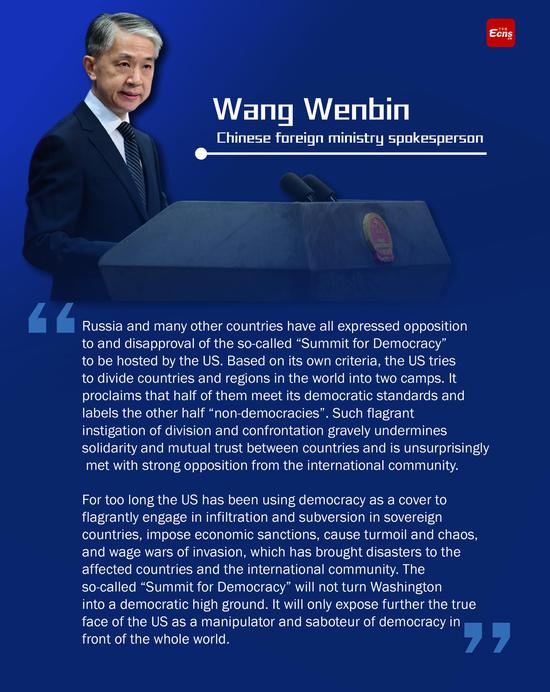

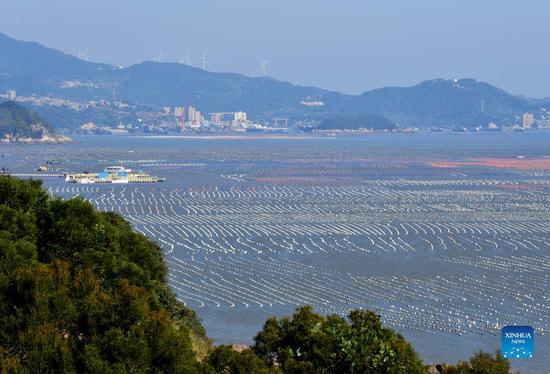

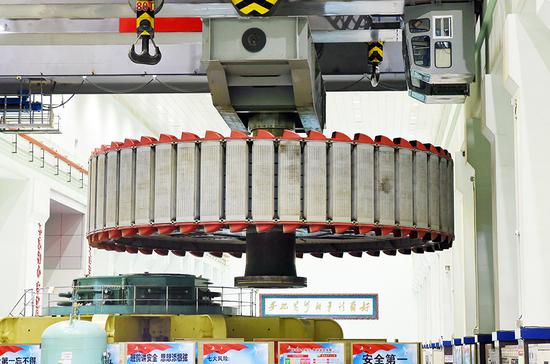






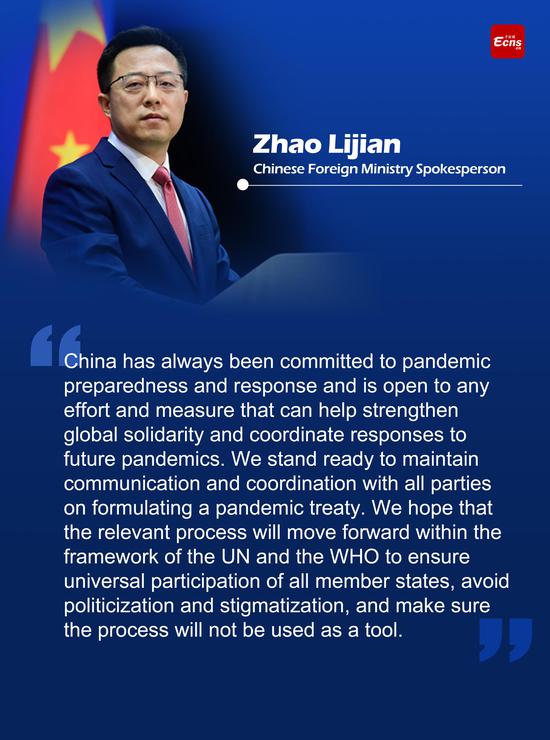














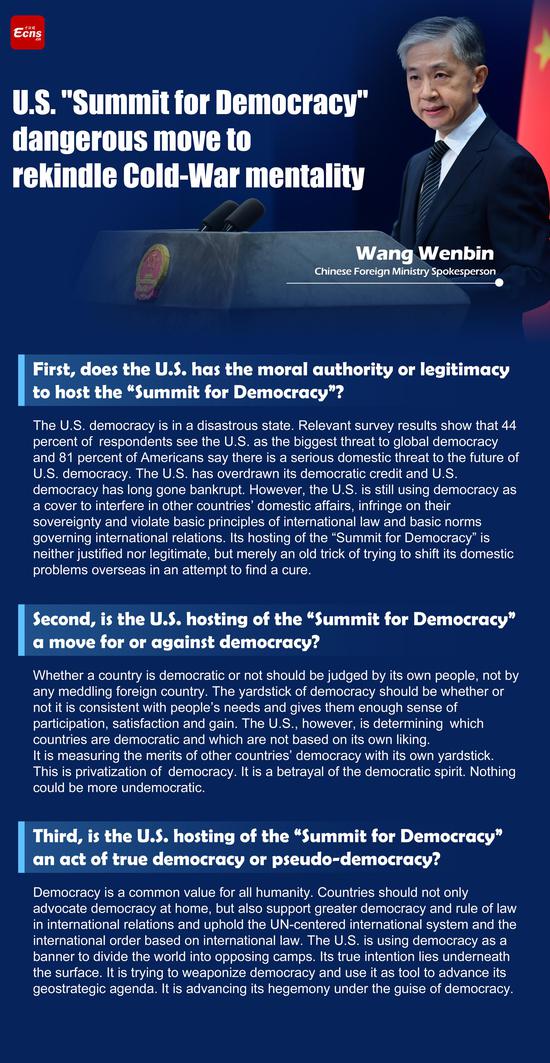













 京公网安备 11010202009201号
京公网安备 11010202009201号